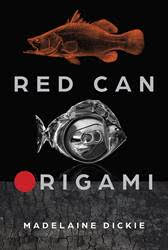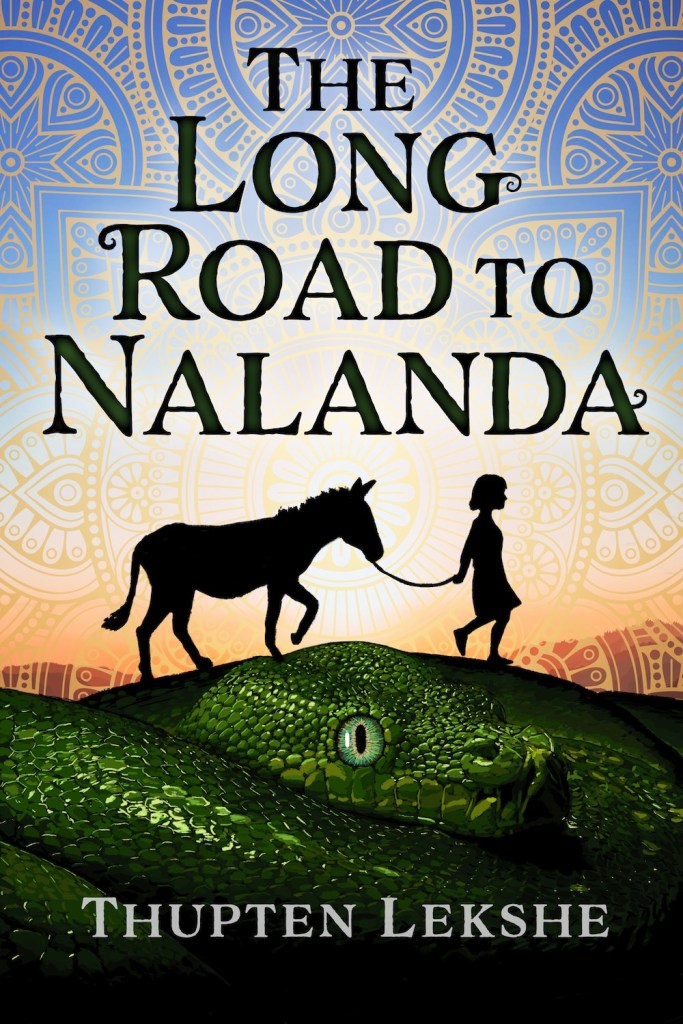Throughout the last few months I’ve been keeping a record of some commonly confused, or simply confusing, words that I’ve come across in my job as an editor and proofreader. Do you ‘orient’ or ‘orientate’ yourself? Do you ‘inquire’ or ‘enquire’? Is an event ‘eminent’ or ‘imminent’? Some of these words are spelt so similarly, or sound so similar, that it’s understandable they are so easily confused.
orient or orientate?
Both orient and orientate are verbs meaning to align or position yourself; to work out where you are within a particular situation or environment. The origin of both words is the same: the Latin word oriens meaning ‘rising’ and ‘east’, relating to the rising sun.
Orient as a noun means the countries of the East, especially those of East Asia. So strictly speaking, to orient/orientate yourself means to align yourself to the East. On the other hand, the opposite of orient (the noun) is occident: the countries of the West. There is, however, no equivalent verb. You can neither occident nor occidentate yourself. The closest verb is occidentalise, meaning to conform to western ideas or customs.
In fact, it’s easy to understand why there is so much confusion when both orient and orientate are acceptable according to most dictionaries. However, as is the case with many words, English and American preferences differ, and this where the disagreements most frequently occur. Apparently it is more common for people to say orientate in the UK, whereas in the US, orient is more common.
As usual, English journalist and word guru, Simon Heffer (Simply English) is adamant: “a person is oriented, not orientated. The action of being oriented is orientation, and a verb orientate is a back-formation from that.”
Still confused?
enquire or inquire?
Do you ‘enquire’ or ‘inquire’ about something or someone? Most dictionaries state that an official investigation is an inquiry (eg. a court of inquiry), whereas an individual makes an enquiry (eg. asking when the next tour departs). Both words derive from the Old French word enquerre, from a variant of the Latin inquirere, based on quaerere ‘ask’. The same root word can be seen in current English words such as quest, inquest, question, acquire, require.
According to the Oxford English Dictionary (OED):
British English tends to distinguish enquire meaning ‘ask’ from inquire meaning ‘make investigation’; the distinction is not made in North America, where inquire is generally the form used.
It seems that dictionaries are relaxed, up to a point, regarding the usage of these two words. However, grumpy Simon Heffer is affronted (no surprise!) by any acceptance of ‘either will do’. He writes:
An individual asking the time of a train enquires, or makes an enquiry. Part of the problem with the interference of the state in our lives, and the apparent ubiquity of its bureaucrats, is that many of us find ourselves using – or misusing – the jargon of officials in our everyday language. We [mistakenly] use the word inquiry when we mean question or query.
Most style guides clarify when inquire and enquire should be used, which makes it easier for proofreaders. However, in your writing (if there is no necessity to stick to a style guide) would you, for example:
Inquire or enquire about the closing time of a gallery, or the health of your neighbour, or the availability of short courses?
Help the police with their inquiries or enquiries?
Having done the research, I am sticking to my preferences: enquire for general enquiries, and inquiry for an official investigation.
eminent or imminent?
After a long day proofreading it’s easy to gloss over an incorrect word choice. I nearly missed this:
… leaving for college was eminent and I felt uneasy …
I think this was just an ‘honest’ mistake by the writer. I’m sure she knows that she should have written imminent and not eminent, as the latter describes someone who is famous or distinguished, or something outstanding.
The words of such an eminent philosopher held the audience in a trance.
She was eminent in the field of microbiology.
He was eminently qualified for the task.
But imminent refers to the immediate future; something about to happen, positive or otherwise:
He showed no sign of an imminent departure.
She was sure that an earthquake was imminent.
The talented young artist’s rise to stardom was imminent
Then there’s immanent, which, according to the OED, means inherent, contained within (indwelling), or ‘(of God) permanently pervading and sustaining the universe’, as in the phrase, God is immanent in everything.
Since I started drafting this article I’ve added to my list of confused words, or words that are used incorrectly. For example: allusion, illusion, elusion/farther, further/principal, principle . . . and so the list goes on. I’m actually enjoying seeing my list grow . . . how sad.






